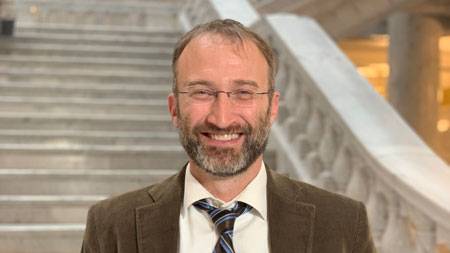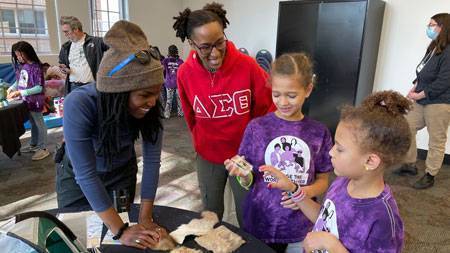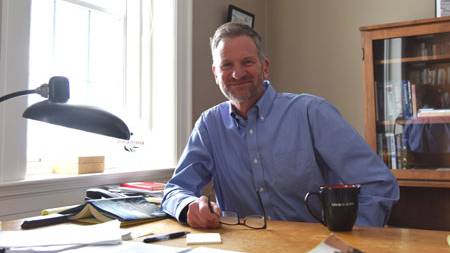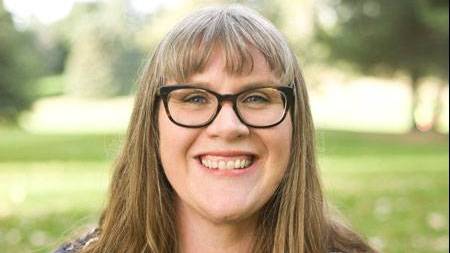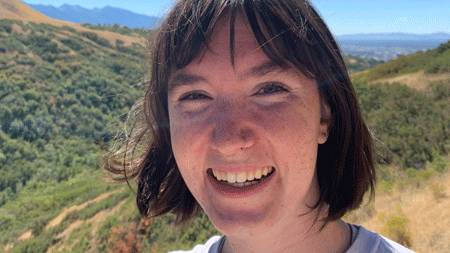
Maggie Scholle is a rising second year student. She was a GCSC Fellow and also was part of the Spring '23 STEM Ambassador Program (STEMAP) at the U of U, learning tools for public engagement in the sciences. Even though Maggie's undergraduate background was in the natural sciences, she brought a unique perspective to the cohort as the only humanities graduate student. For her public engagement project, she created two activities with the Magna Library for children around place attachment. She also led two workshops with the STEM Community Alliance Program (STEMCAP) for youth-in-custody.

